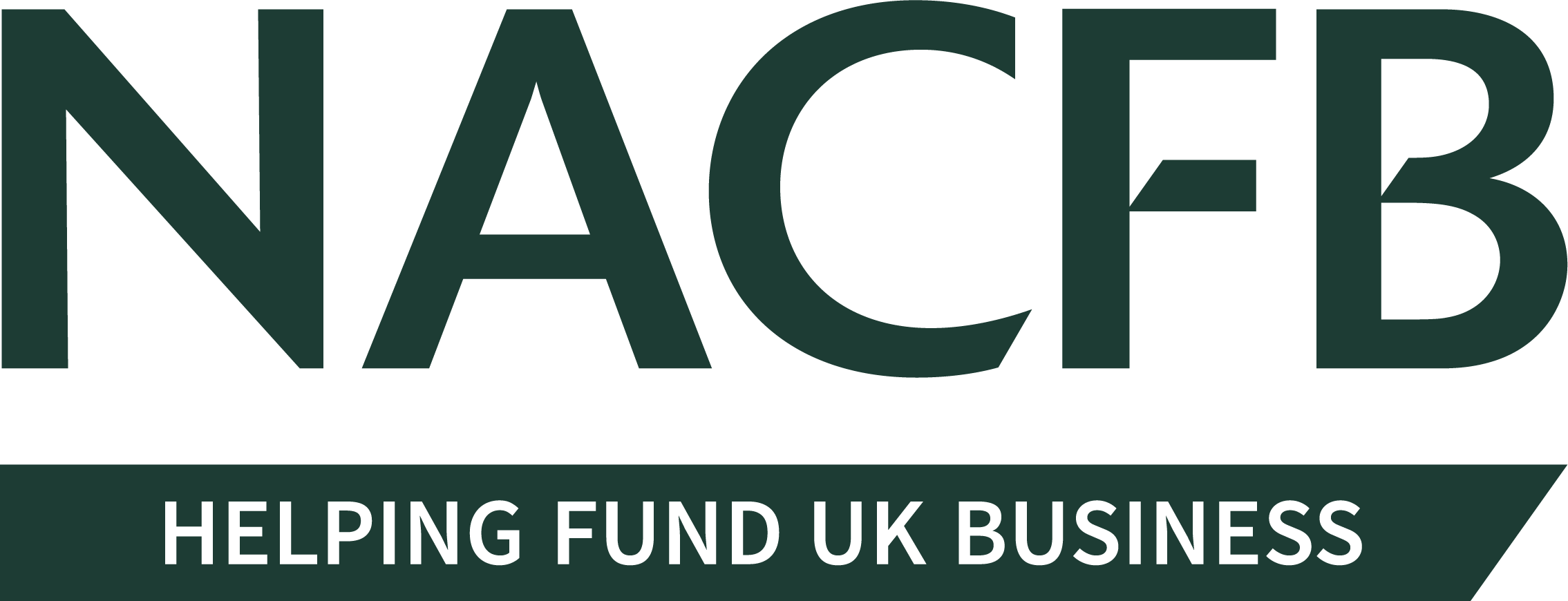A mutual is an organisation whose members pool risks of a similar nature to achieve a long-term, stable alternative to insurance. Mutuality is a growing sector within the insurance world and is particularly appealing to industries that have suffered in the past from the recurring cyclical nature of the standard insurance market. Mutuals; being run by the members; tend to understand the exposures of their members better than general insurers.
A vital component of a mutual is that claims are paid at the discretion of the Board. That means that the payment of claims is not contractually guaranteed, but within a mutual organisation, owned by its members a claimant can expect a sympathetic response. Indeed, as the underwriting and claims handling process is not as narrowly defined as to whether a claim meets the contractual obligations, fairness may play a greater part.
In assessing any claim, the mutual being owned by its customers presents no conflict of interest, as the organisation’s sole purpose is to serve its members.
As well as being less costly to run than a shareholder-owned insurance company, a prominent feature of many mutuals is that the contributions paid by members create a pool of member funds which exceeds the claims and expenses. This surplus may, at the discretion of the Board and under the direction of the members, be used to reduce or rebate contributions, invest in new products and services, or to support a short-term adverse claims experience.















